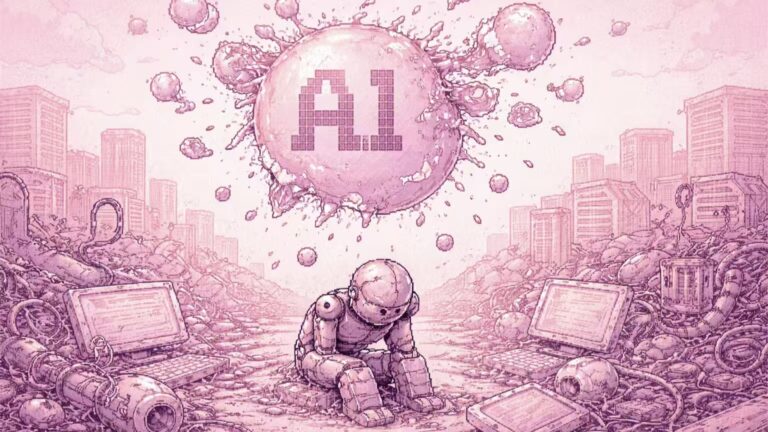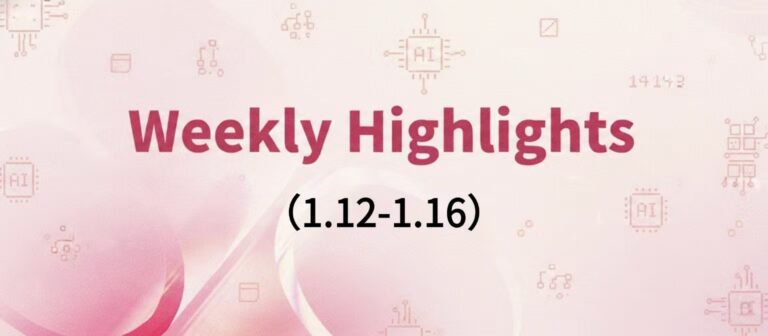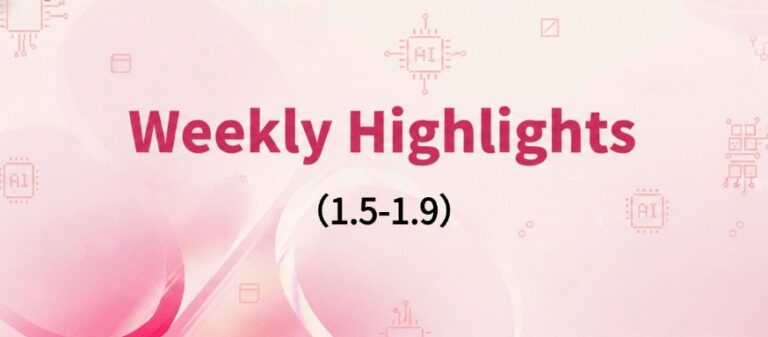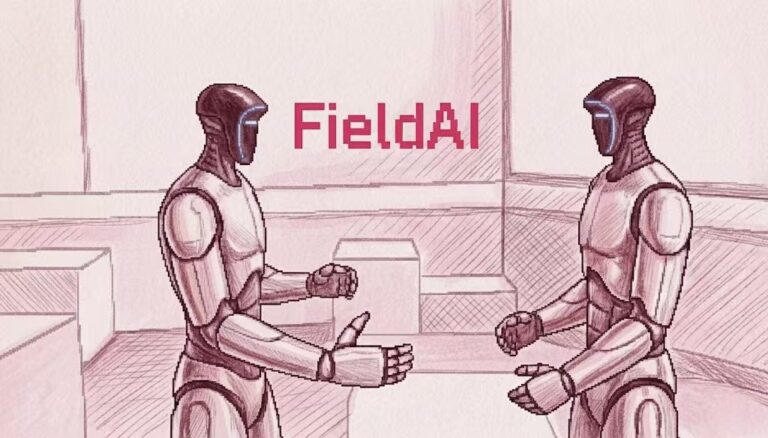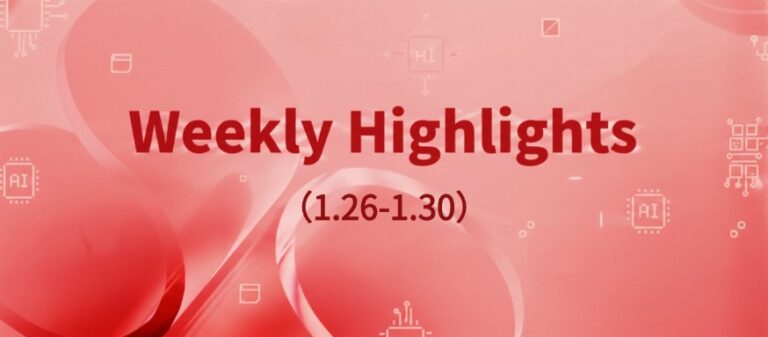Command Palette
Search for a command to run...
Comparing Hugging Face? GitHub Models Adds OpenAI o1/Llama 3.2 and Other New Features, Supporting side-by-side Comparison of Models
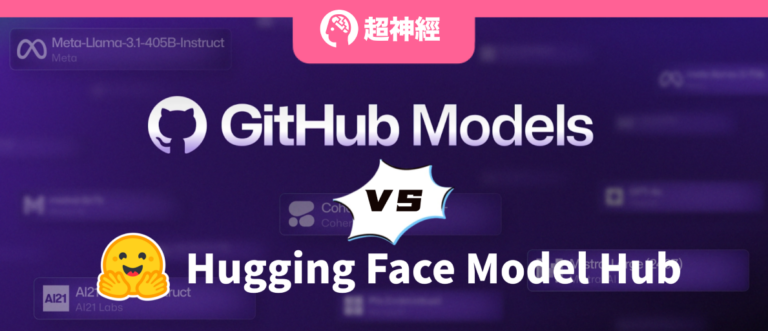
"Open source can ensure that more people in the world can benefit and gain opportunities from the development of AI," Zuckerberg wrote a long article when Llama 3.1 was released, explaining the significance of open source.Indeed, with the rapid development of AI in recent years, the popularity of open source has continued to rise. Developers' contributions to the open source community not only represent their personal technical attitudes, but also to a certain extent demonstrate their achievements in exploring cutting-edge technologies.
During this process, the two major open source project hosting platforms, GitHub and Hugging Face, also achieved rapid growth.
In 2023, GitHub announced that the number of platform users reached 100 million, becoming the world's largest open source code hosting platform.It took GitHub 15 years to grow from 0 to 100 million.Hugging Face announced two months ago that its user base had reached 5 million.It took Hugging Face 8 years to make this leap.

Today, Hugging Face has shared more than 1.07 million pre-trained models and 234,000 data sets, covering fields such as NLP, computer vision, speech, time series, biology, reinforcement learning, etc., and is known as the "GitHub in the field of machine learning."
As a rising star, Hugging Face's total number of users is not as large as GitHub, but riding on the momentum of big models and relying on equally rich open source resources, it has been unstoppable in recent years, which inevitably arouses netizens' speculation: in the face of the accelerated development of AI, will Hugging Face gradually replace GitHub and become a gathering place more favored by developers? And as an open source project hosting platform that started earlier and has a stronger user base, how will GitHub respond?
A series of new developments announced by GitHub CEO Thomas Dohmke at the just-concluded GitHub Universe 2024 may answer this question:GitHub Models is now available,New models have been added: OpenAI o1, Meta Llama 3.2, Microsoft Phi 3.5, etc.

Comparing to Model Hub? GitHub Models brings new features
As we all know, Hugging Face has become a global open source large model distribution center, and the out-of-the-box experience provided by its Spaces section provides great convenience for developers.As early as 2020, Hugging Face launched Model Hub.This is an open AI model sharing platform.Users can upload, share, and download various NLP models, which greatly promotes the reuse and expansion of AI models, and gradually becomes the "GitHub for ML Models" for AI developers. Currently, the platform has 1,076,375 open source models (as of press time).
In contrast, GitHub was a little slow in integrating open source AI models, and only launched the GitHub Models section in August this year.The goal at the time was to simplify development work, lower the threshold for developing AI applications, and allow every developer to become an AI engineer with the right tools and training.
Now, after 3 months, GitHub Models is officially open and has undergone a series of updates and upgrades. Developers can access AI models through playgrounds, APIs, etc.
First, the new features:
* Simplify the deployment process - Using Azure production keys, you can quickly move applications from development environments to production environments.
* New model presets that can save prompts, parameters and messages in real time.
* Added multimodal support function, which can provide image support for models with multimodal capabilities in operation scenarios.
* Added a side-by-side comparison feature that allows you to compare the output of two models for the same prompt in real time.

The second is model expansion, adding OpenAI o1, Meta Llama 3.2, Microsoft Phi 3.5, Cohere Command R series 08-2024 and A21 Jamba 1.5.Including the original Llama 3.1, GPT-4o, Phi 3, Mistral Large 2 and other models, a total of 35 models are currently included for developers to try. Similarly, GitHub also provides users with glide path, and users can develop in Codespaces and VS Code developer environments.

In summary, Hugging Face's Model Hub and GitHub Models both provide developers with a quick experience platform for cutting-edge open source models. However, GitHub is currently targeting the open source base models of large technology companies, and has not yet taken into account other high-quality models that have been open sourced on its platform. On the other hand, Hugging Face is far superior to GitHub in terms of the number of models and the application fields covered.
It is worth mentioning that in order to further accelerate the progress of researchers' work,Hugging Face and arXiv "break through" the platform barriers. Just turn on the Hugging Face button under the "Code, Data, Media" tab on the arXiv page, and you can go directly to the relevant Hugging Face papers, models and data sets with one click.This move may further promote the growth of the number of users on its platform.
"Born out" from GitHub, will it become the GitHub of the "Software 2.0" era?
There is no doubt that as a "pathfinder" in the open source community, GitHub's user base is quite advantageous compared to Hugging Face.It revealed at GitHub Universe 2024 that it currently has over 100 million users. Especially this year, global developers have made nearly 1 billion contributions to open source and public repositories on GitHub.

Looking back at the development history of the two platforms, it is also full of stories.
GitHub was founded in 2008 by four programmers: Tom Preston-Werner, Chris Wanstrath, PJ Hyett and Scott Chacon.Perhaps it was because the founder was a pure programmer and lacked company management experience that in 2016, GitHub received a joint letter of complaint from many people, complaining about the chaotic management of the platform. Two years later, Microsoft announced the acquisition of GitHub for $7.5 billion, which brought it additional resources and determined its strategic direction. Since then, GitHub has entered a stage of steady development.
Meanwhile, Hugging Face is also ready to go.
In 2016, Clement Delangue founded Hugging Face together with Julien Chaumond and Thomas Wolf.The company started out as a conversational robot, but like many similar startups at the time, it never took off. In 2019, the first year after Microsoft acquired GitHub, Hugging Face saw a turnaround.
In order to train the chatbot's NLP (natural language processing) capabilities, Hugging Face opened a Transformers library on GitHub. This open source project quickly became popular in the machine learning community and became the fastest growing AI project in GitHub's history.
In 2020, Hugging Face launched the open AI model sharing platform Model Hub and the large-scale open source dataset management tool Datasets library. In 2021, Hugging Face released Spaces, allowing users to deploy and display AI models through tools such as Streamlit and Gradio.
Currently, Hugging Face has become the fastest growing community and the most widely used machine learning platform.Clement Delangue, then CEO of the company, once said in an interview that AI is a new paradigm for software, namely "Software 2.0", and this view was also recognized by Andrej Karpathy, a well-known researcher in the field of AI.
He once wrote,Traditional manual programming belongs to "Software 1.0", and GitHub is a very successful "Software 1.0" code center;The "Software 2.0" era will be programmed with neural networks, and during this transition process, heavyweight platforms such as GitHub will emerge.Hugging Face aspires to become the GitHub of the "Software 2.0" era.
Gaining both fame and fortune, a comparison of the profit models of GitHub and Hugging Face
The effect of 1+1>2 has been verified in GitHub. After being acquired by Microsoft, many developers expressed concerns about whether GitHub could continue to be open source. But this is not the case. GitHub is still focused on becoming a developer-centric platform.
According to relevant media reports, when Microsoft acquired GitHub in 2018, GitHub's annual recurring revenue (ARR) was only US$200-300 million. In 2022, GitHub's ARR grew to US$1 billion. In 2023, the industry's forecast for GitHub's ARR reached US$1.4 billion, but the specific figures have not been disclosed by the official.
At present, GitHub has formed a relatively complete profit model, and its profit methods mainly include three types:Subscription plans and paid services, Enterprise services and marketplace services, among which Enterprise services are GitHub's largest source of revenue.
The profit model of Hugging Face is similar to that of GitHub, and its paid projects also include three types:Paid membership, data hosting and Enterprise services.

However, unlike GitHub, Hugging Face is not "backed by a big tree", but mainly relies on external investment, so it may face profit pressure from investors. Before 2021, Hugging Face had no income and relied entirely on "burning" investors' money to keep the community running normally. It was not until after 2021 that Hugging Face began to explore commercialization and entered the profit stage. According to Forbes, the company's revenue in 2021 was US$10 million, and now its annual revenue has reached between US$30 million and US$50 million.
In July this year, HuggingFace co-founder and CEO Clement Delangue announced the platform's profitability on social networks and celebrated the team's 220 members.

On August 23 last year, Hugging Face completed a US$235 million Series D financing round (currently approximately RMB 1.675 billion), with a valuation of US$4.5 billion (currently approximately RMB 32.088 billion).Investors include Google, Amazon, Nvidia, Salesforce, AMD, Intel, IBM and Qualcomm, which is a star-studded list. This also shows to some extent that the industry recognizes the development potential of Hugging Face.
AI developers may become the biggest winners
It is worth mentioning that while GitHub was holding its annual event, Hugging Face was also not idle. Its co-founder Clement Delangue announced on social media that it would hold an "Enterprise Hugging Face hub" conference on October 30 (Pacific Daylight Time), but later than GitHub. This also makes people wonder how Hugging Face will respond this time?

References:
1.https://originality.ai/blog/huggingface-statistics
2.https://karpathy.medium.com/software-2-0-a64152b37c35
3.https://mp.weixin.qq.com/s/0JNZPBCmLvRYHn4tcOTIrA
4.https://mp.weixin.qq.com/s/0JNZPBCmLvRYHn4tcOTIrA
5.https://www.shidaox.com/observation/440.html
6.https://github.blog/news-insights/octoverse/octoverse-2024/
